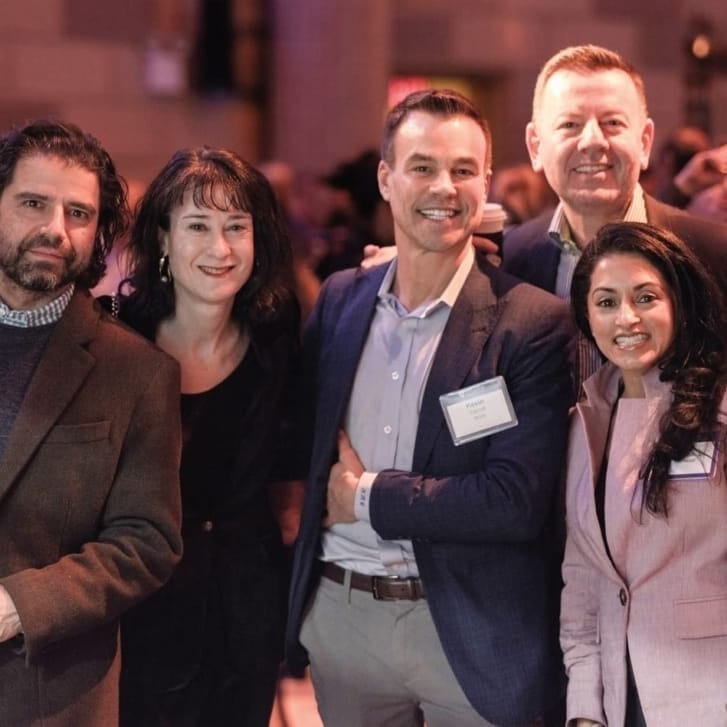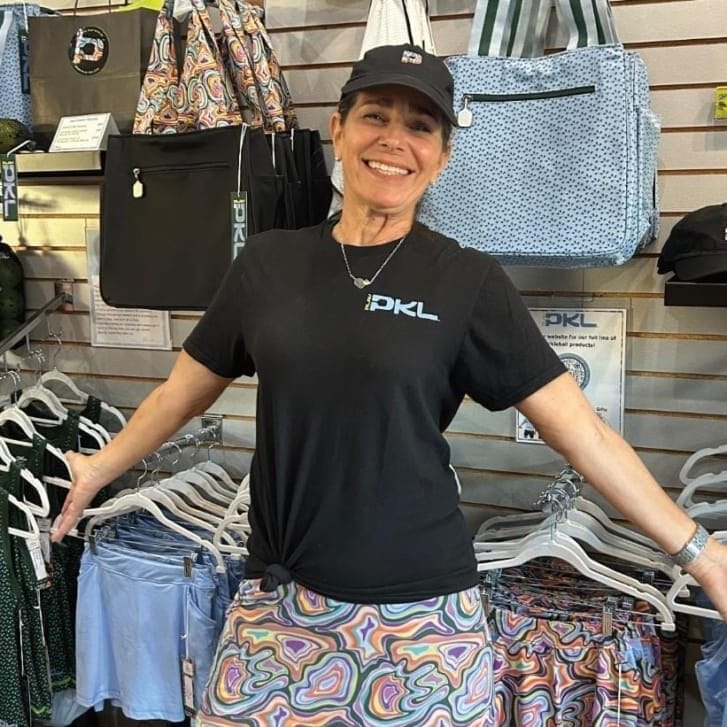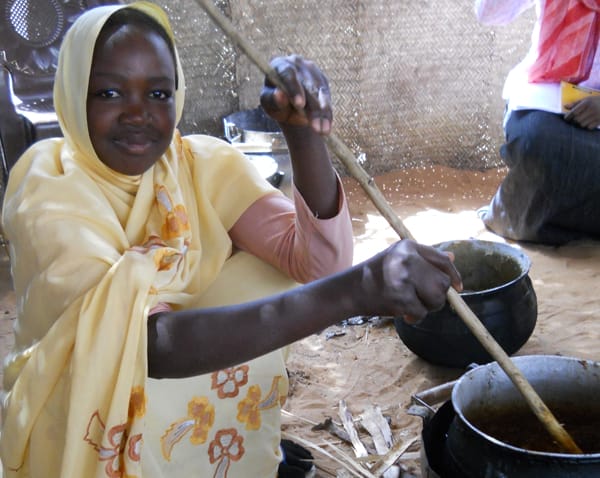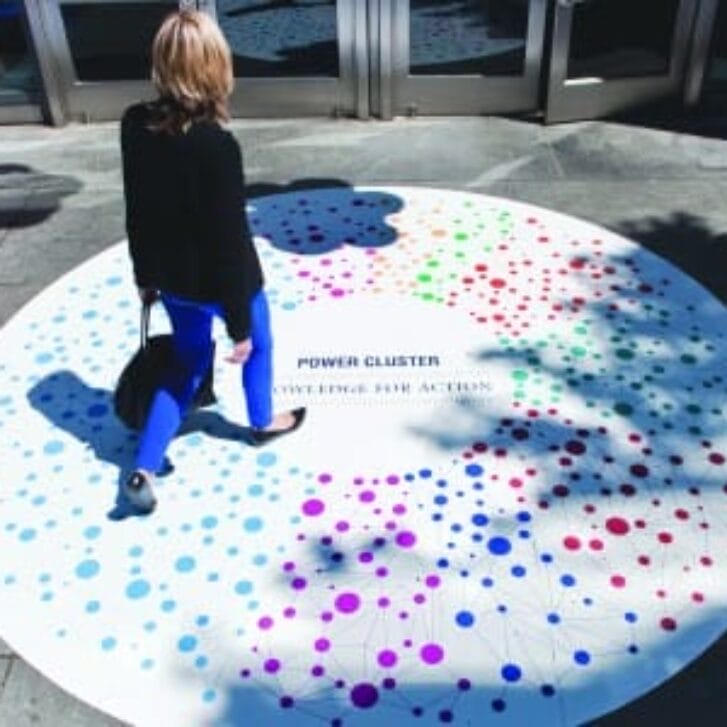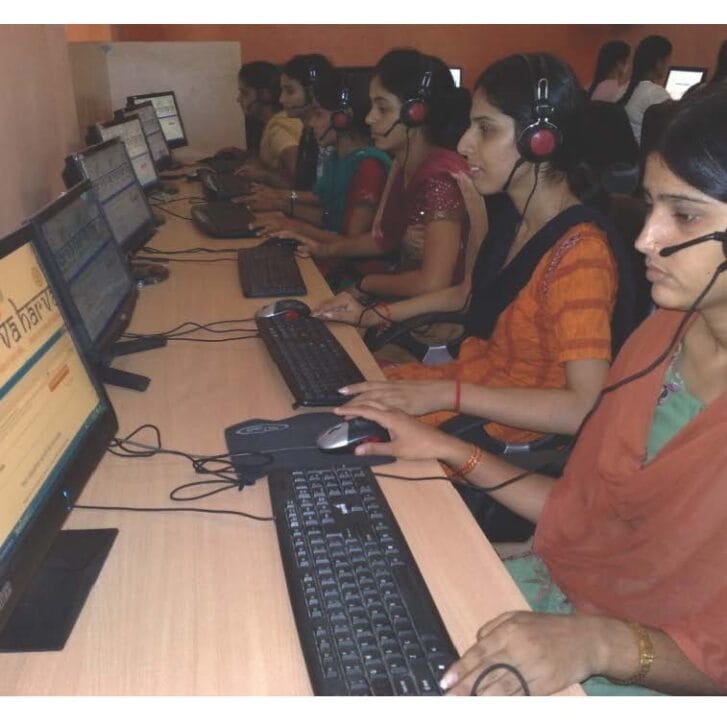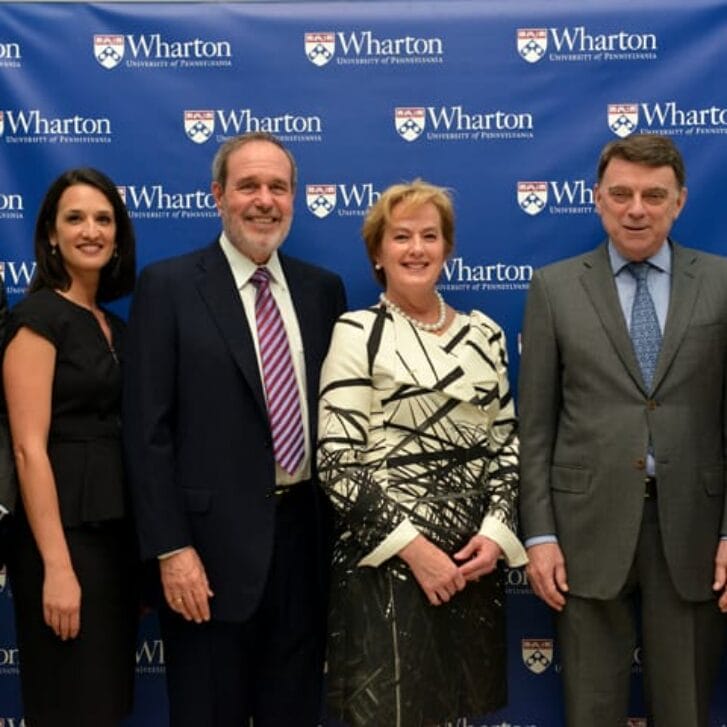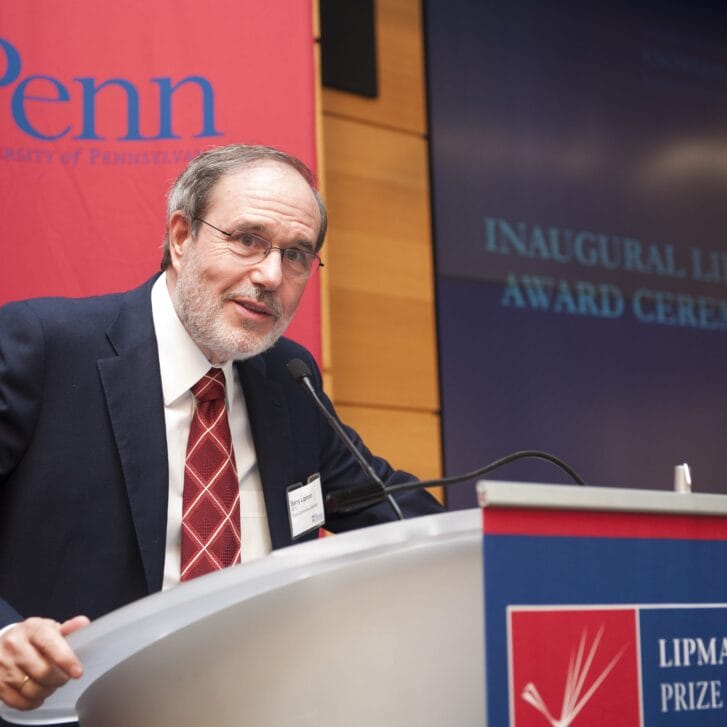Summer is over officially here on campus, but that does not mean we will not stop our habit—started this summer—of using the blog to catch up with alumni who were previously featured in Wharton Magazine. As evidence, I present this post about Andrée Sosler, WG’08.
If you recall, the last time we spoke with Sosler (“Just a Stove? Hardly,” in the Summer 2011 edition), she was serving as executive director of the Darfur Stoves Project, which provided more than a cooking stove to the women of the Darfur region of Sudan. The organization aimed to provide a solution to greater security and environmental issues.
We are happy to report that the time between has been good for Sosler and the nonprofit—or “transformational,” as Sosler puts it.
For starters, the organization changed its name to Potential Energy, to reflect its growing and changing mission and its optimism in the future. The Darfur Stoves Project will still distribute its efficient, clean stoves (technically, Potential Energy is its parent group), but Sosler foresees the dissemination of stoves and other technologies to the world’s poorest citizens outside of Darfur.
“Our experience in Darfur has convinced us that the opportunity is ripe; that there are many technologies out there just waiting to be adapted, scaled and distributed. The many groups working to help poverty-affected people—engineers, humanitarian organizations, local distributers—are awaiting a uniting force to help unleash the full potential of their efforts. Potential Energy is that uniting force,” she tells Wharton Magazine.
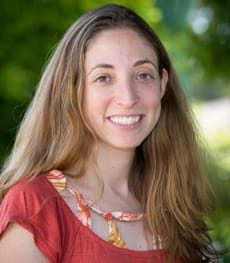
Andrée Sosler, WG’08.
An expansion into Ethiopia, a pilot program involving the stoves and a Dutch organization called SNV, is already in the works. In Darfur, Potential Energy has distributed more than 22,000 stoves—more than half in the past year.
And recent funding will help to ensure that growth continues. In May, USAID awarded Potential Energy a $1.5 million grant through its Development Innovations Ventures Initiative Fund, which identifies solutions to global development issues with potential to “scale big, to millions of beneficiaries within 10 years.” In addition, the organization received the Santa Clara University’s 2012 Global Social Benefit Incubator (GSBI) Scholarship.
Sosler credits the success of Potential Energy in part to the Wharton community as well. She recalls how a number of classmates contacted her after the original Wharton Magazine article, they provided important contacts, and these contacts helped the organization in some way and introduced her to even more contacts.
“We also partnered with a student team through [Marks-Darivoff Family Professor] Keith Weigelt’s Field Application Project. The team helped us with marketing and branding in connection with our name change,” she says. “I can’t say enough good things about the Wharton network.”













